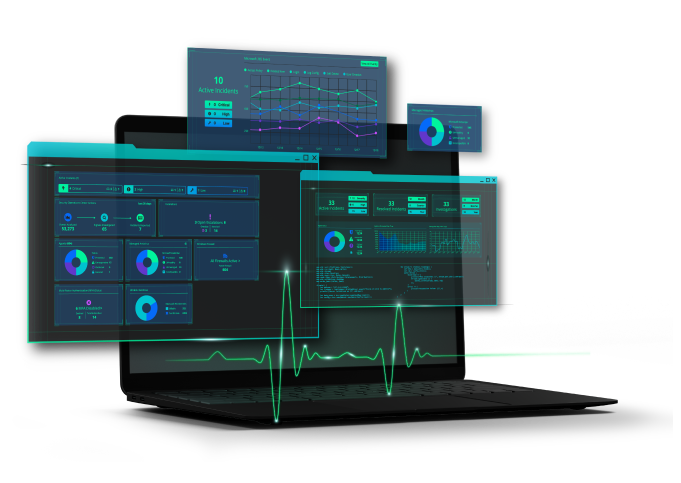
Discover essential strategies for healthcare cybersecurity and learn how to navigate challenges, optimize resources, and safeguard patient data.


With patients’ care and data at risk, the health of your IT infrastructure is critical. Our fully managed platform simplifies your security strategy so you can focus on protecting what matters. We proactively address suspicious activity within your network and only alert you to things that require your attention. Plus, remediation can usually be done in just a few steps or with a single click.

Find and stop attackers targeting your patient data with constant managed detection and response for suspicious activity.
Prevent threats from exploiting legitimate processes, stealing PII and money, and targeting additional contact information.
Stay ahead of common threats, like phishing and social engineering, by training employees to recognize real-world attacker tactics.
Capture the data that matters while filtering out the noise




Huntress is custom built for you. But don’t take our word for it – hear directly from businesses like yours.

The healthcare industry has access to a lot of sensitive data—from personal health information (PHI) and personally identifiable information (PII) to financial records—and cybercriminals are eager to get their hands on it. These cybercriminals can find ways to sneak past conventional security measures to steal healthcare data.




Elevate your defense to protect your patient data, endpoints, and identities.

Discover essential strategies for healthcare cybersecurity and learn how to navigate challenges, optimize resources, and safeguard patient data.




Want to learn how you can protect your patient data, endpoints, and identities? Get a demo tailored to your needs with our Huntress security experts.
